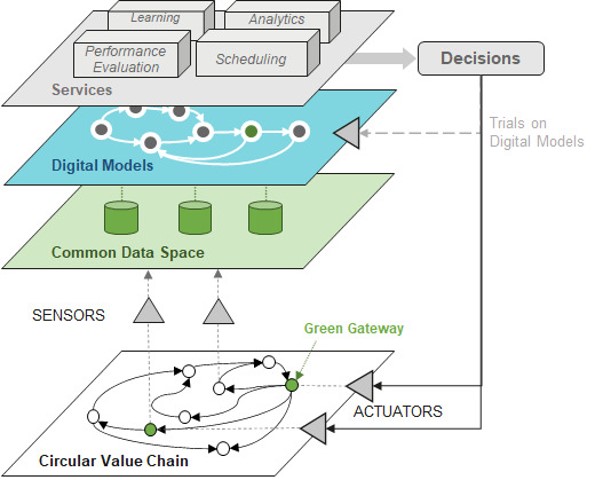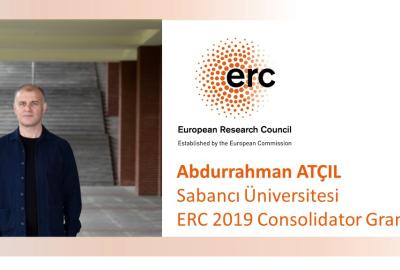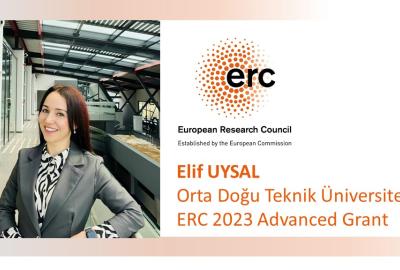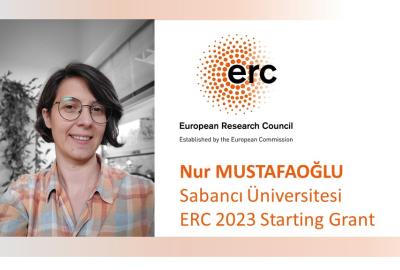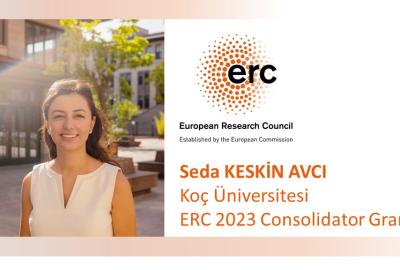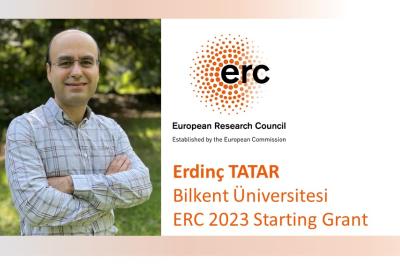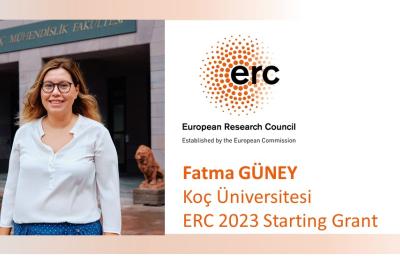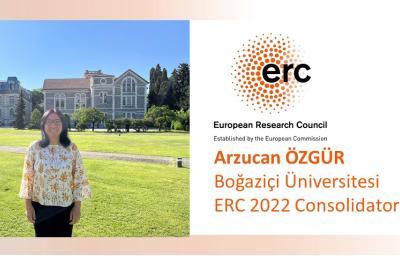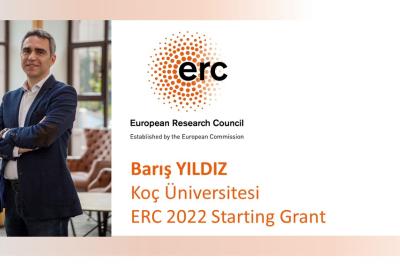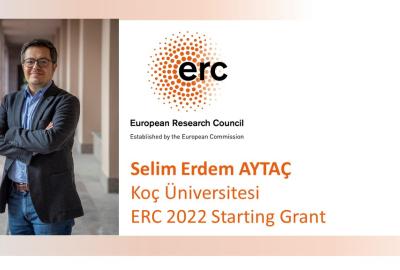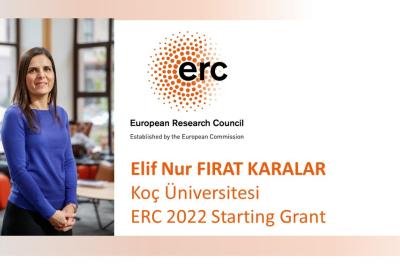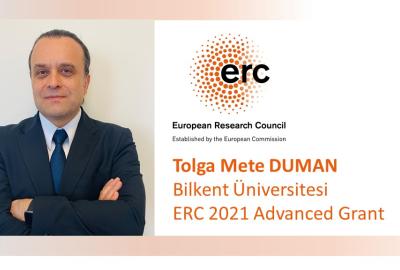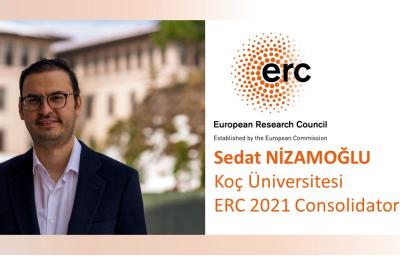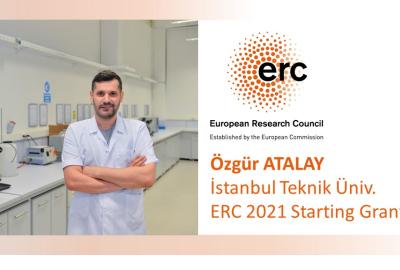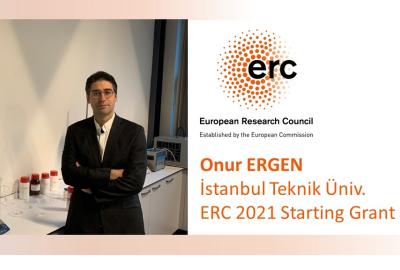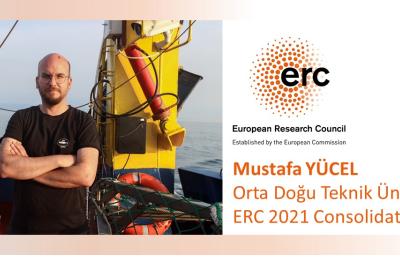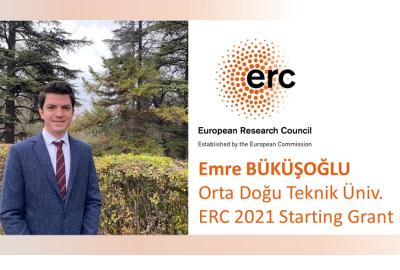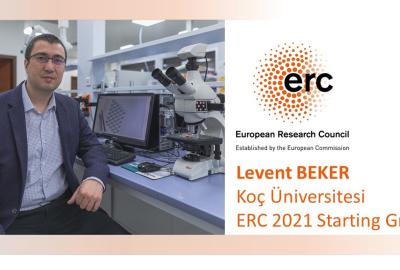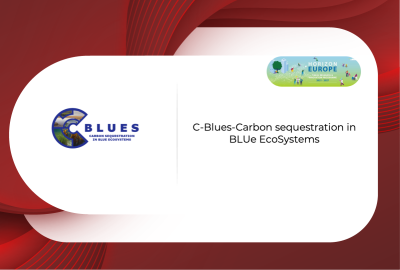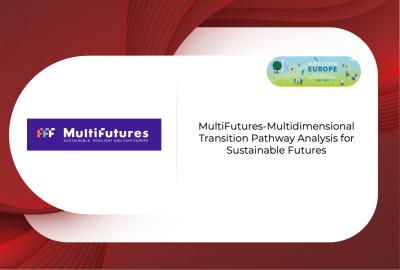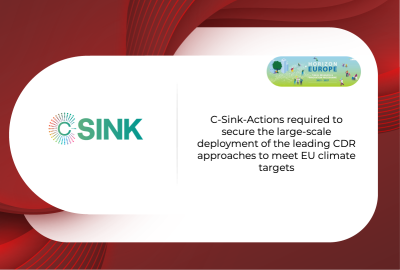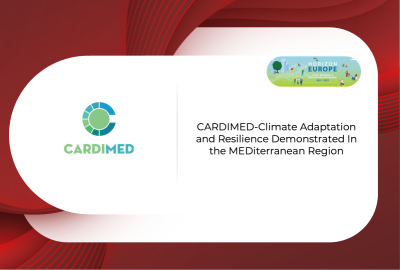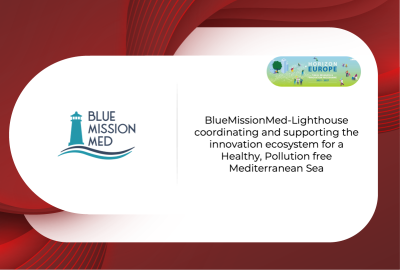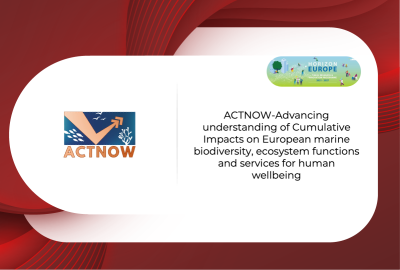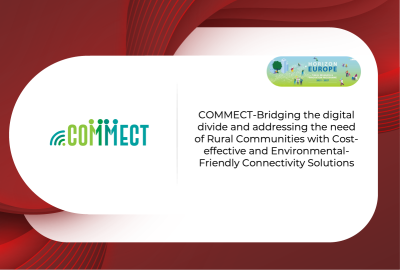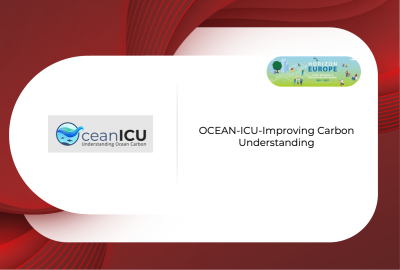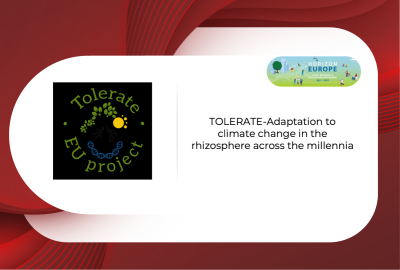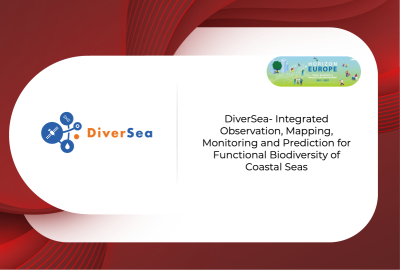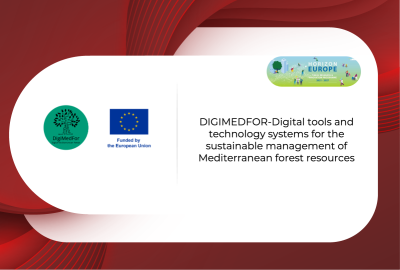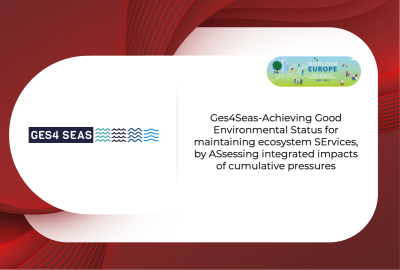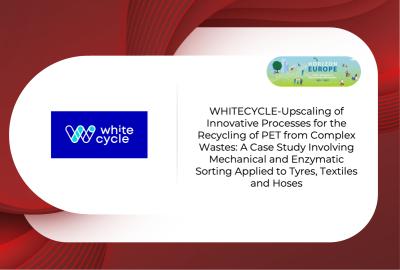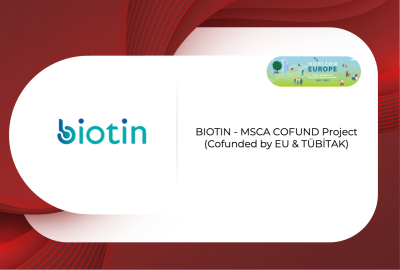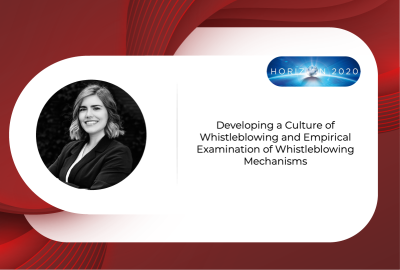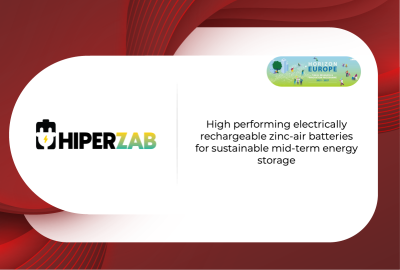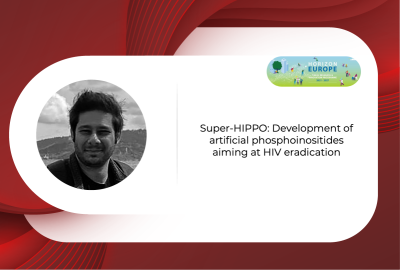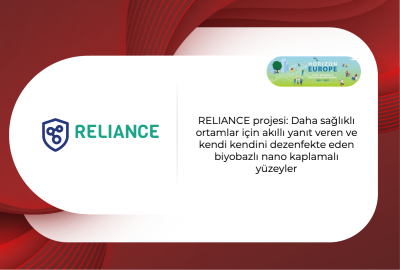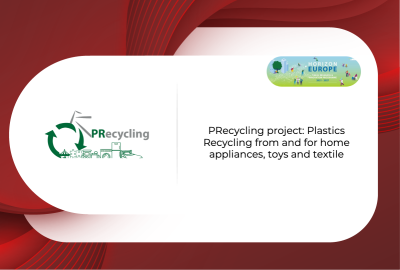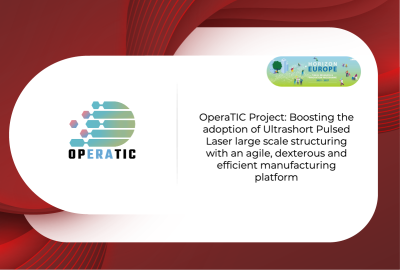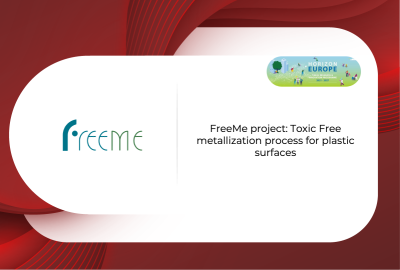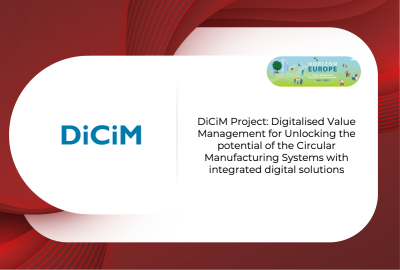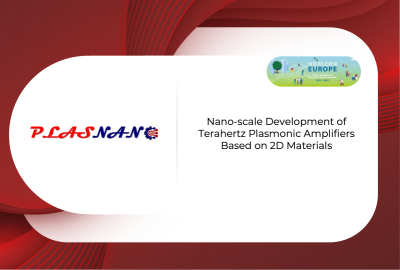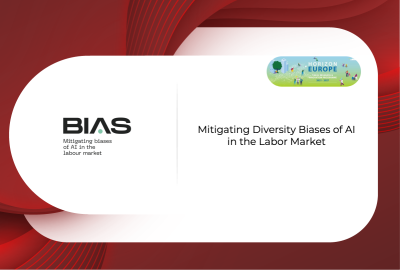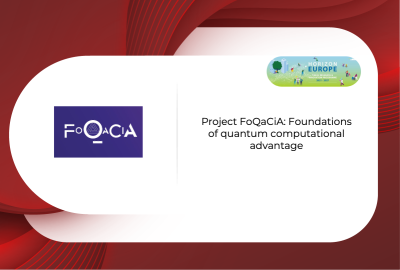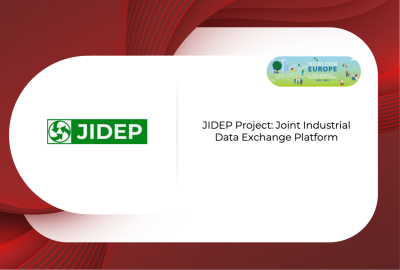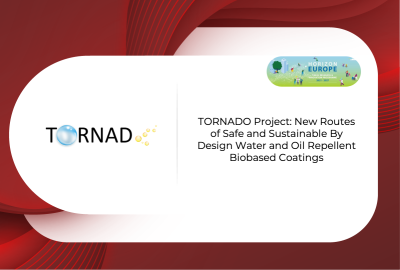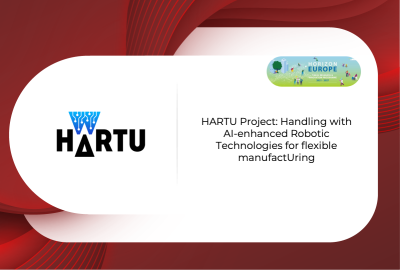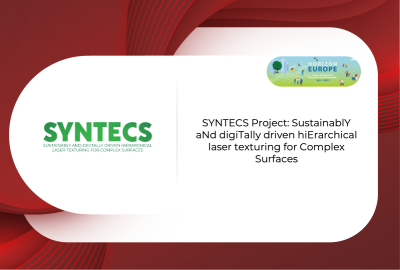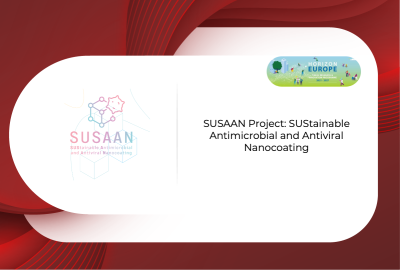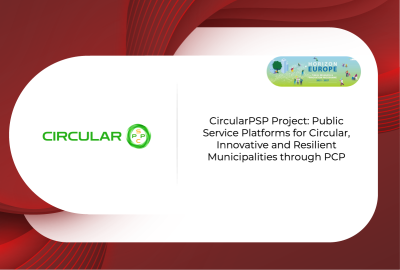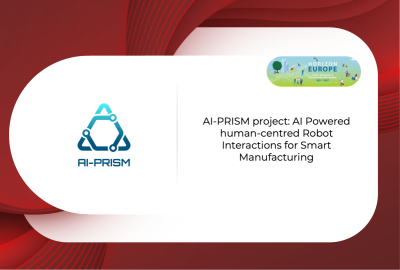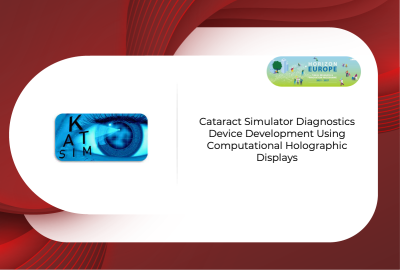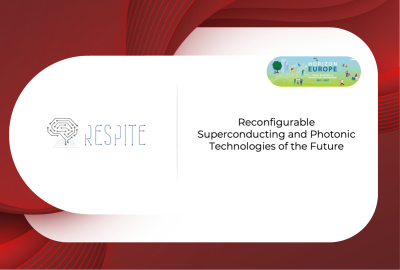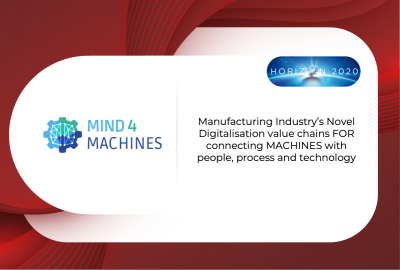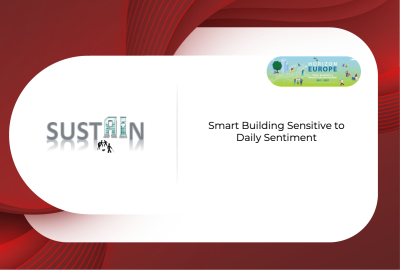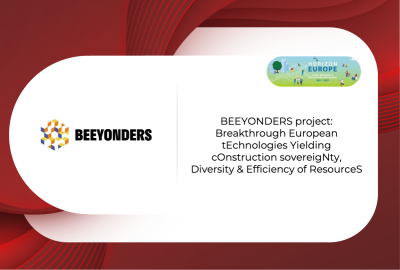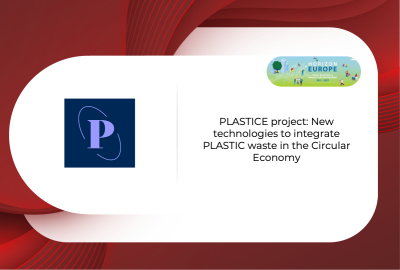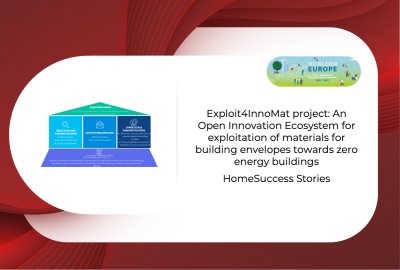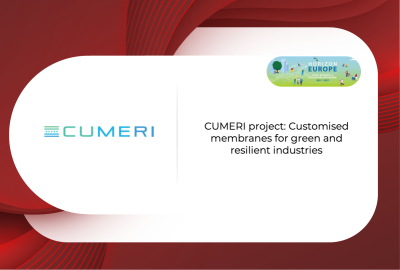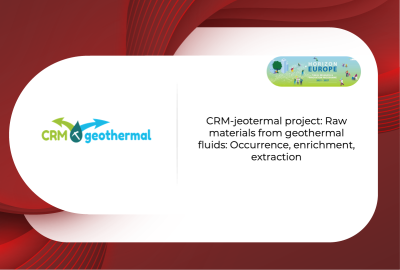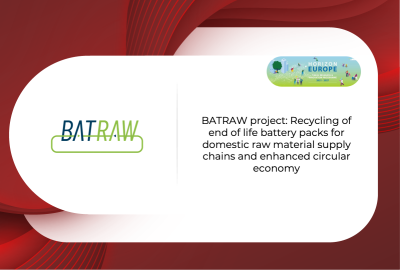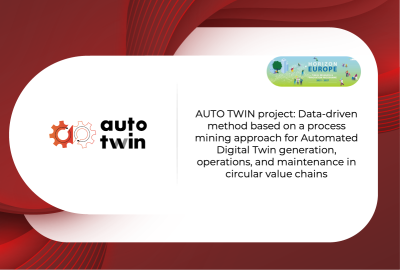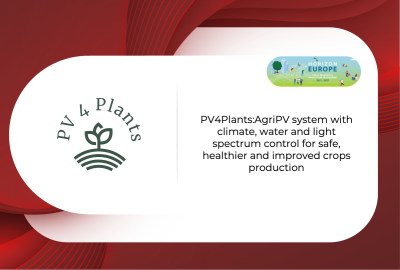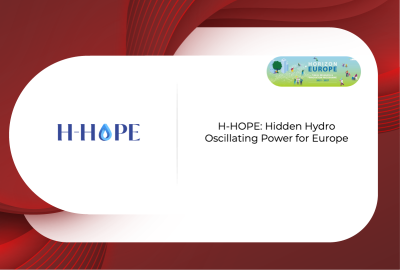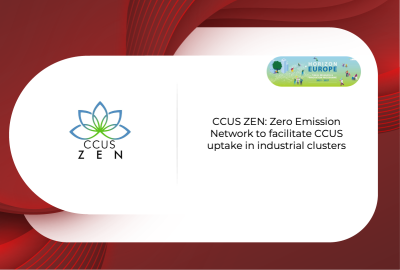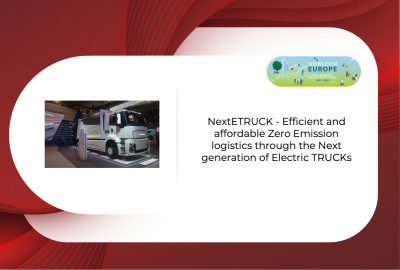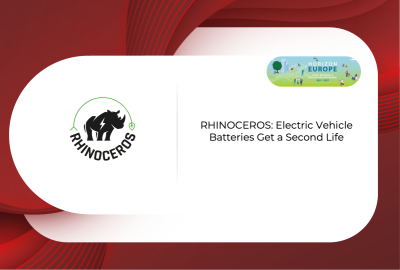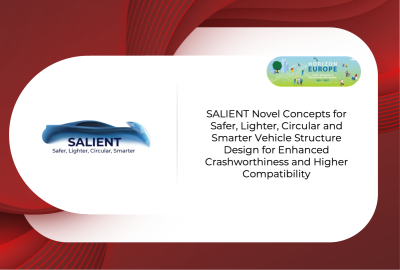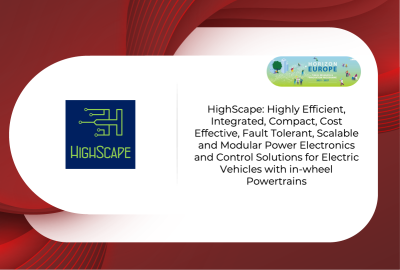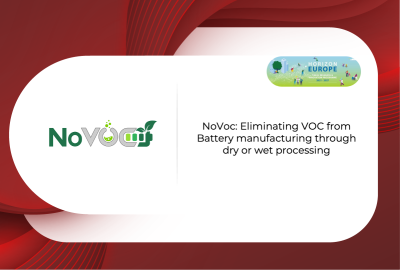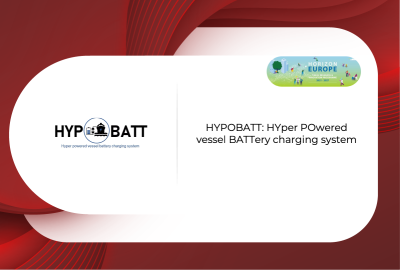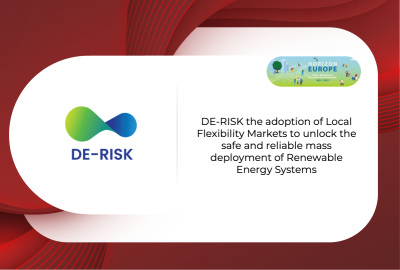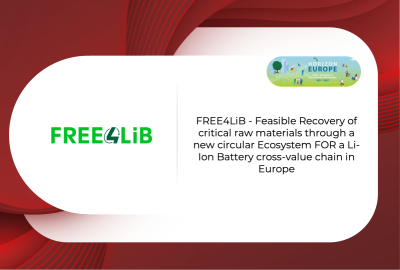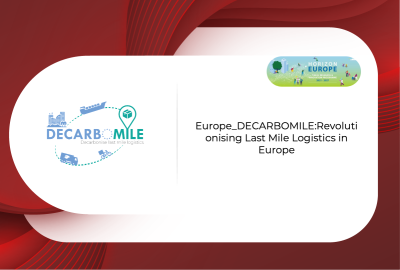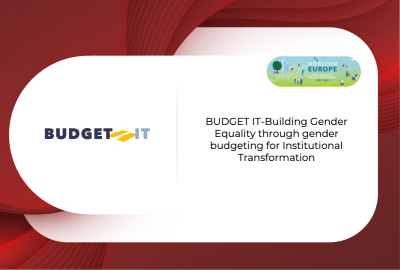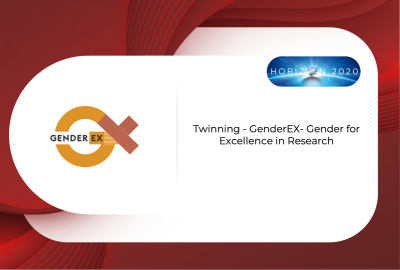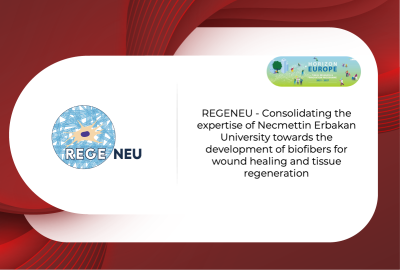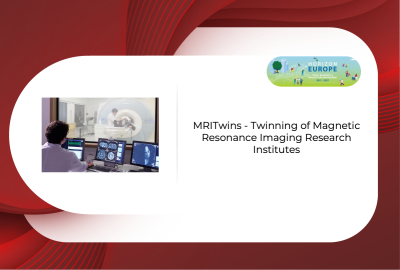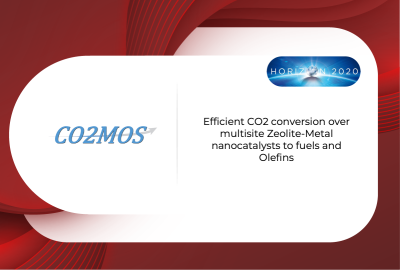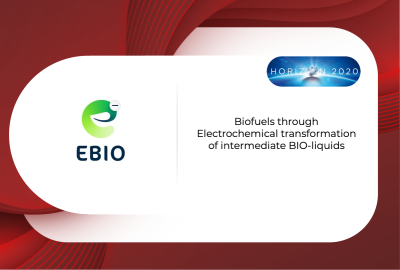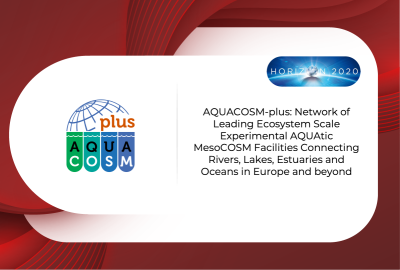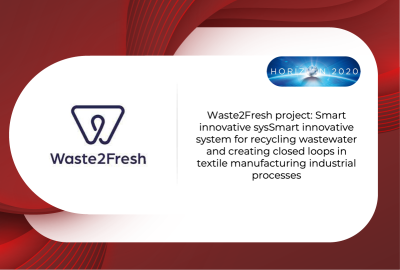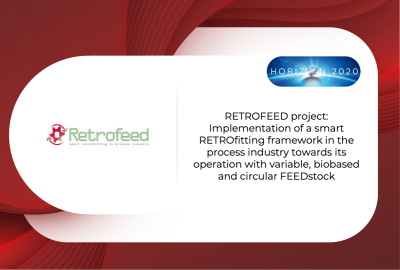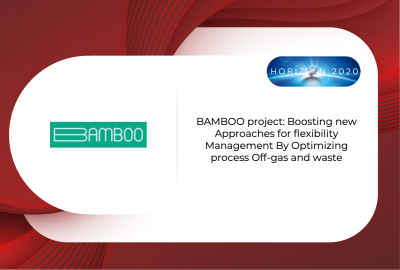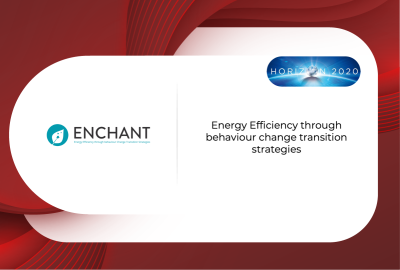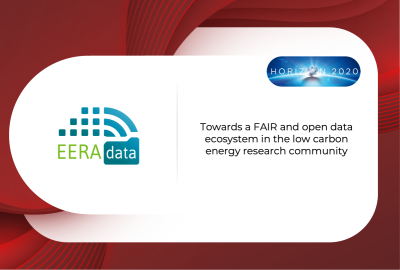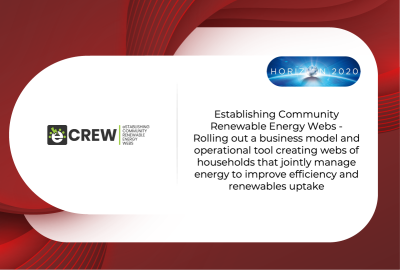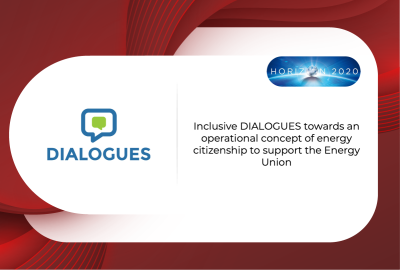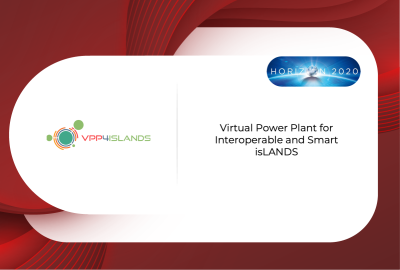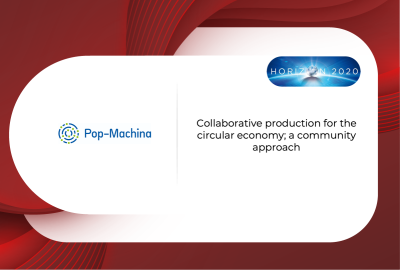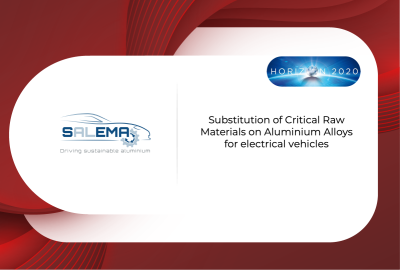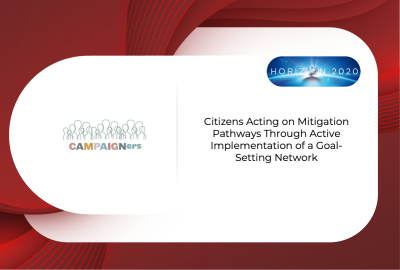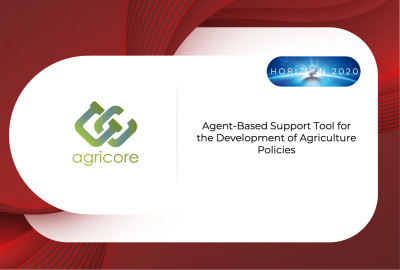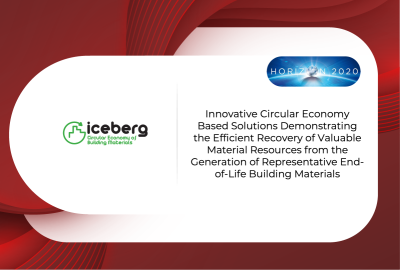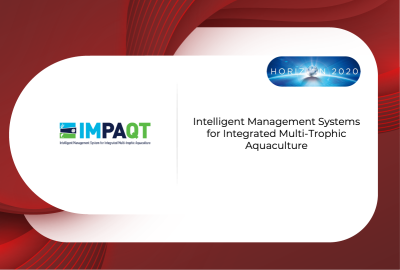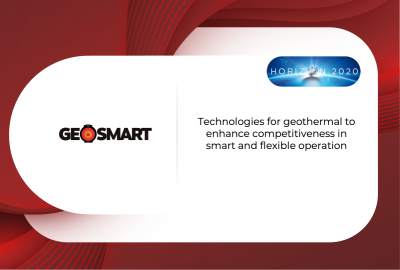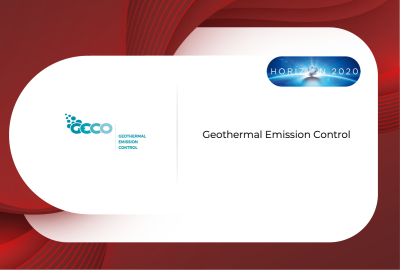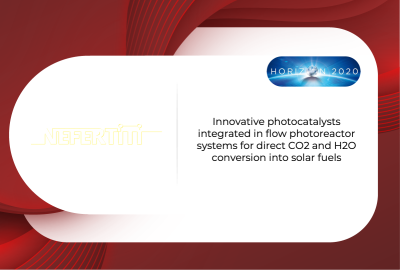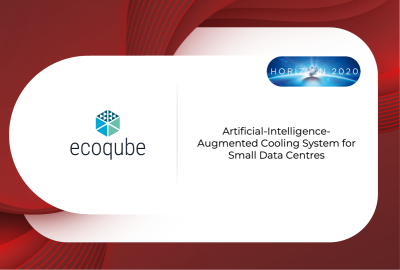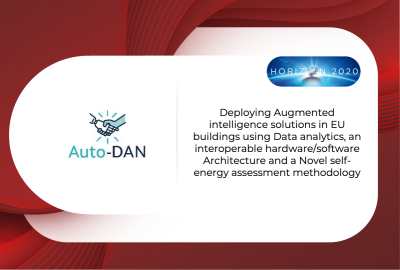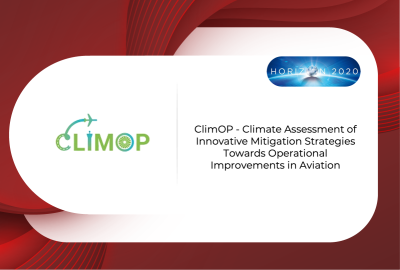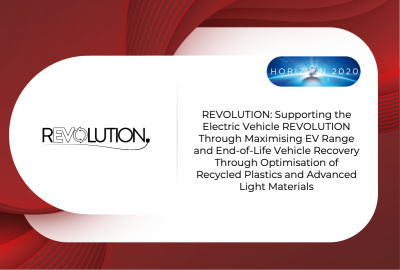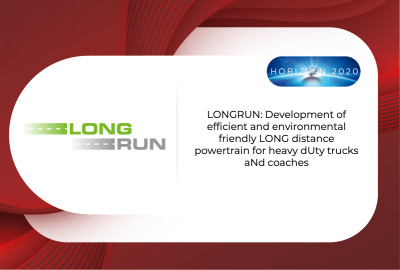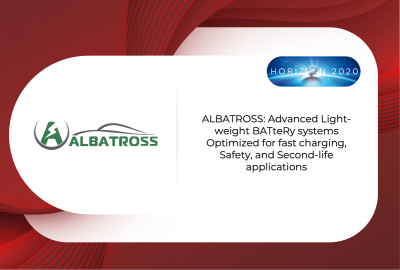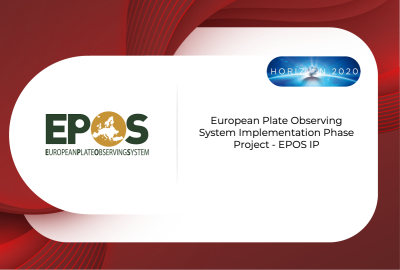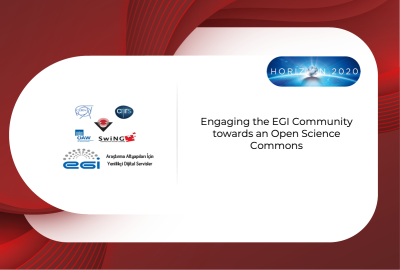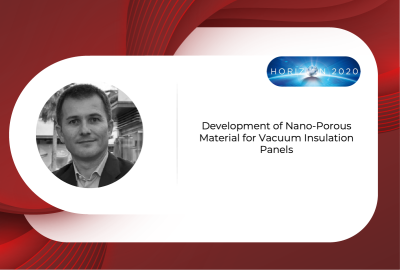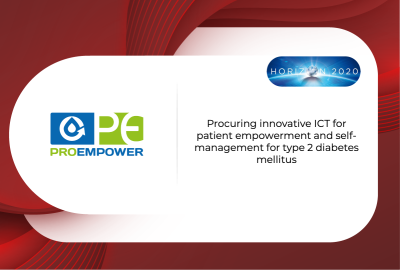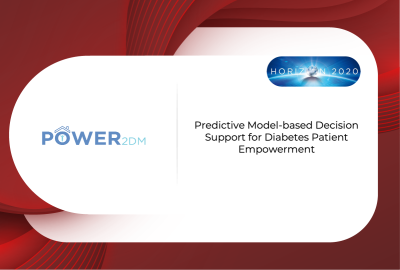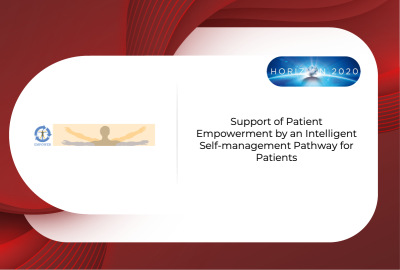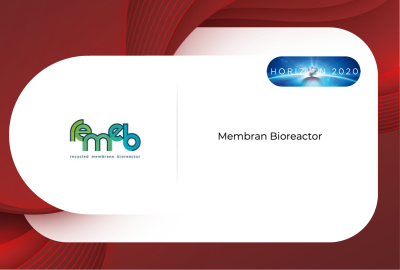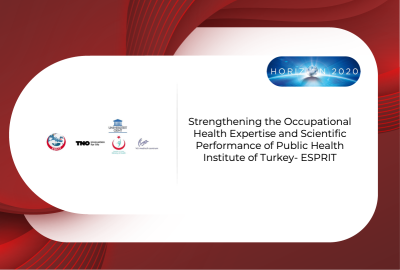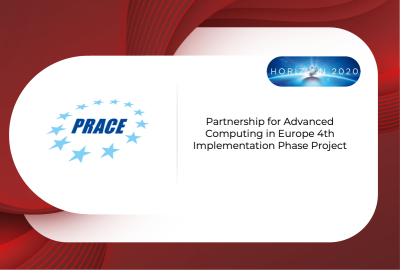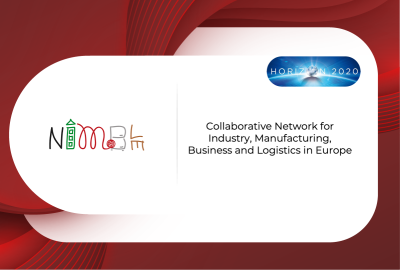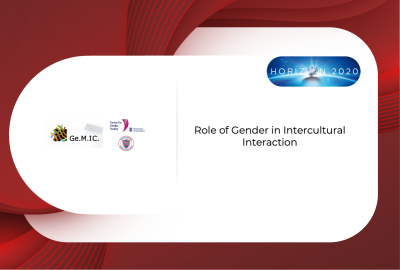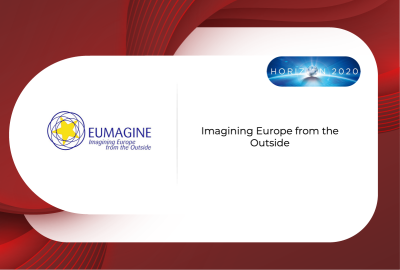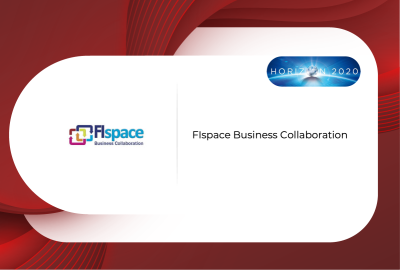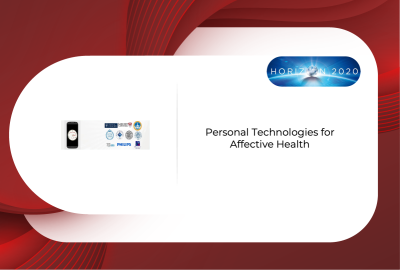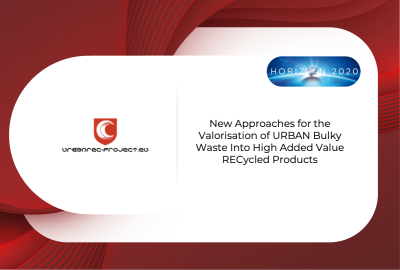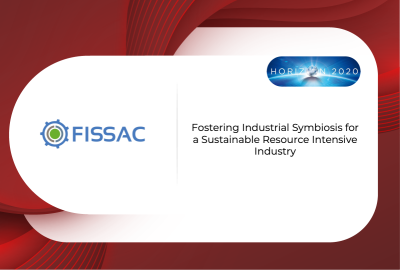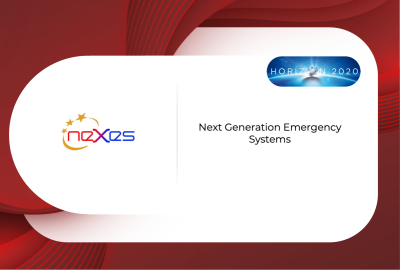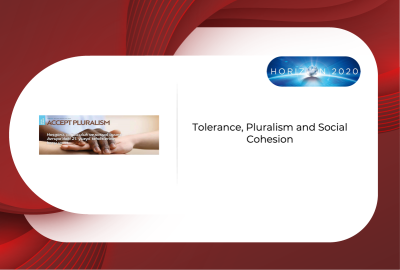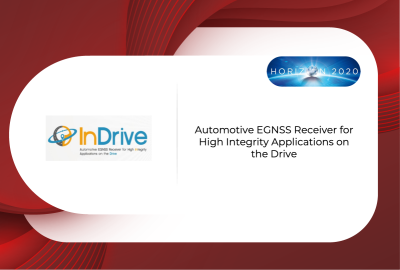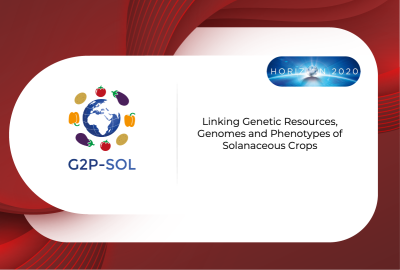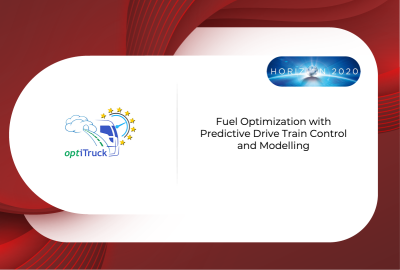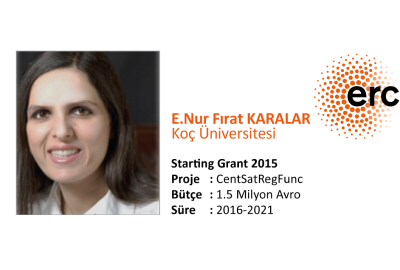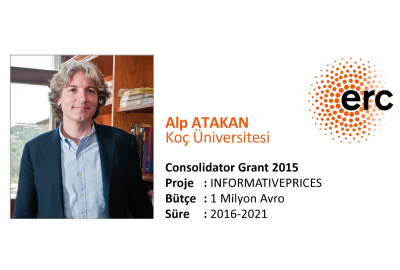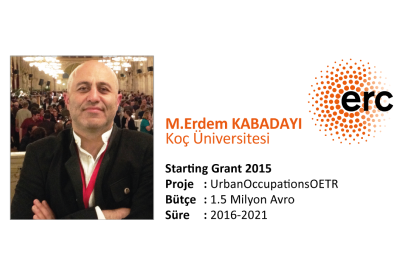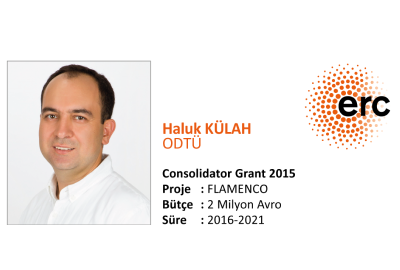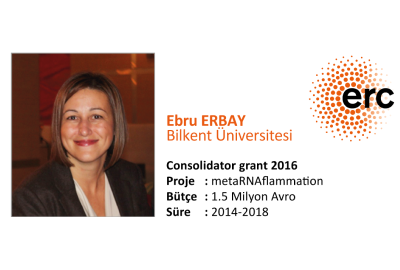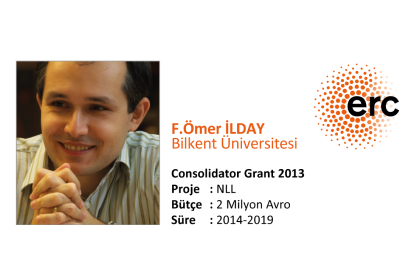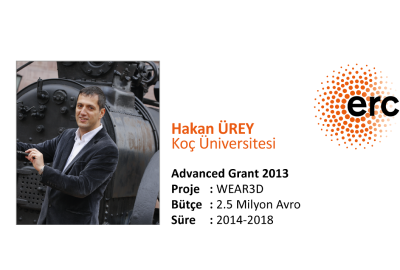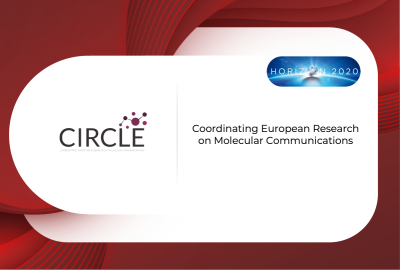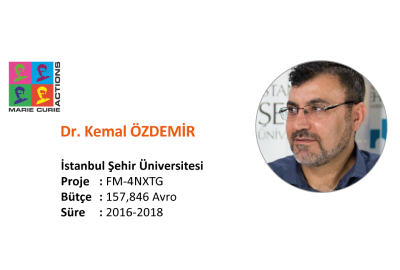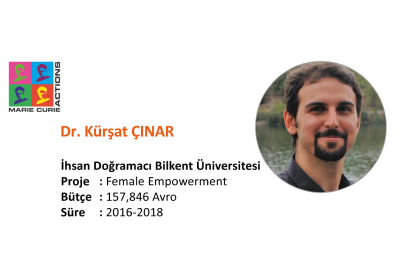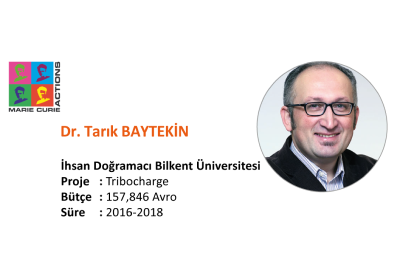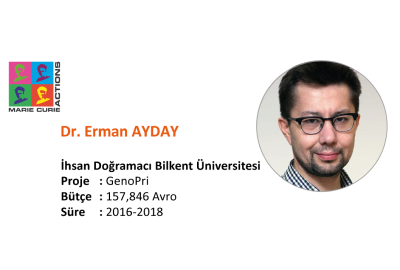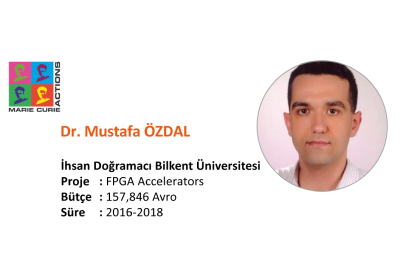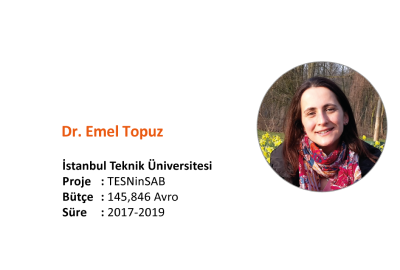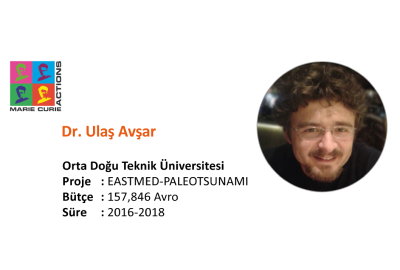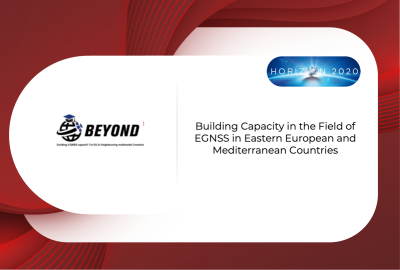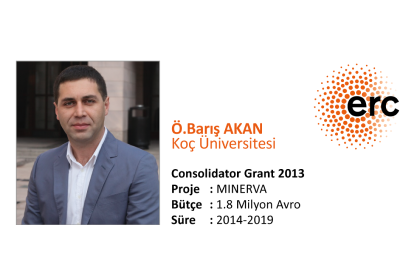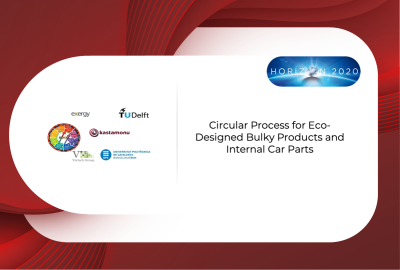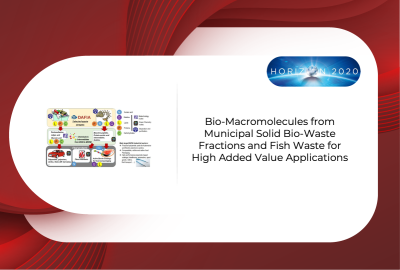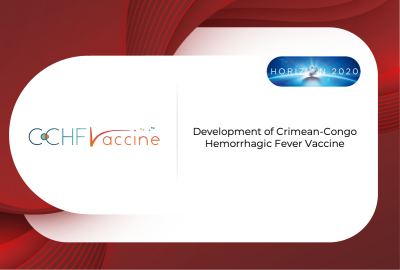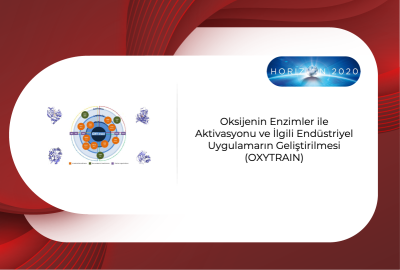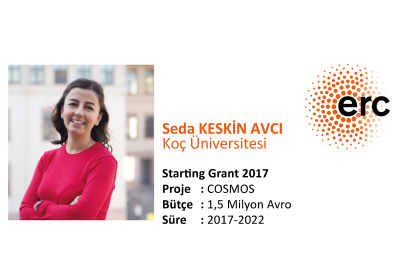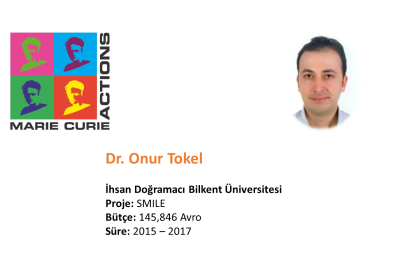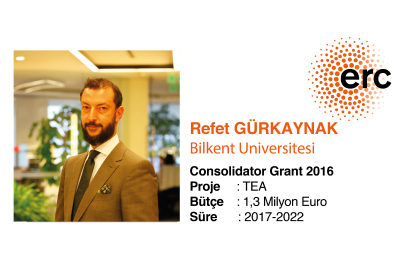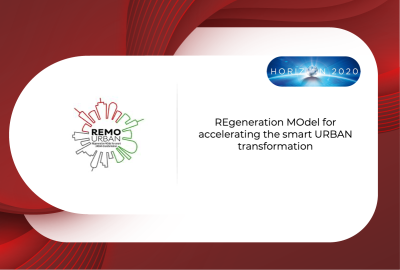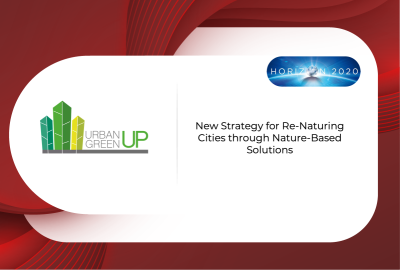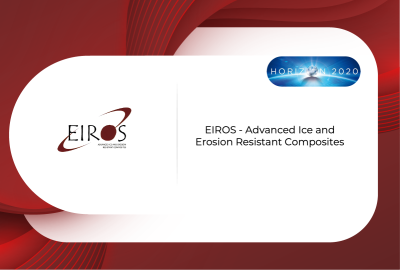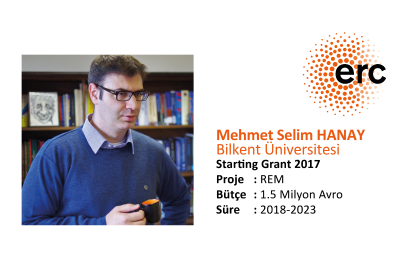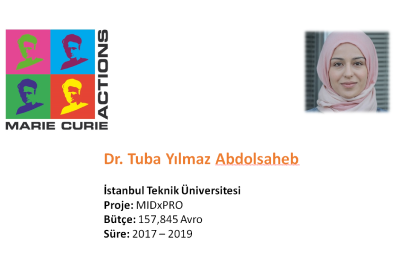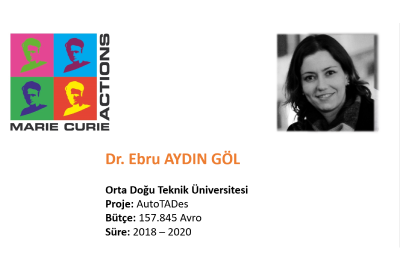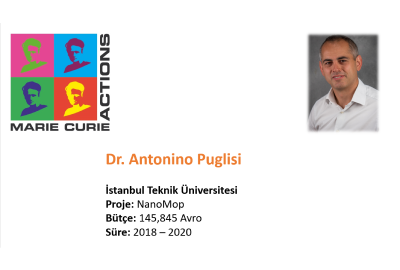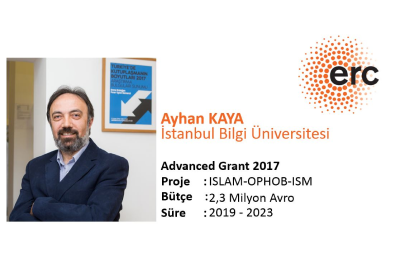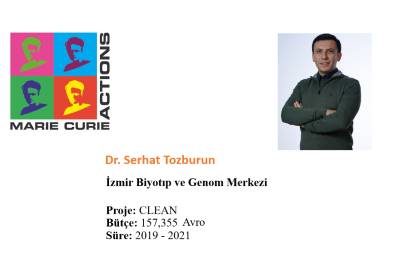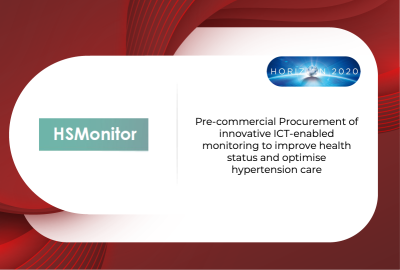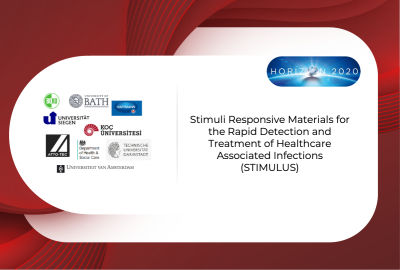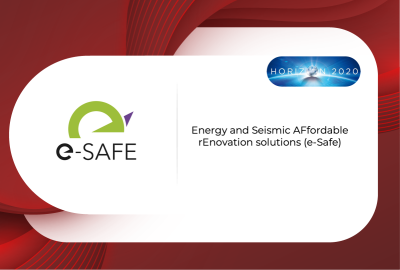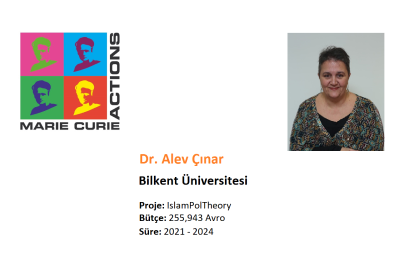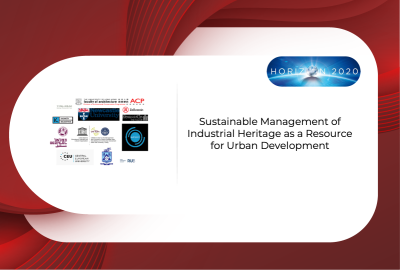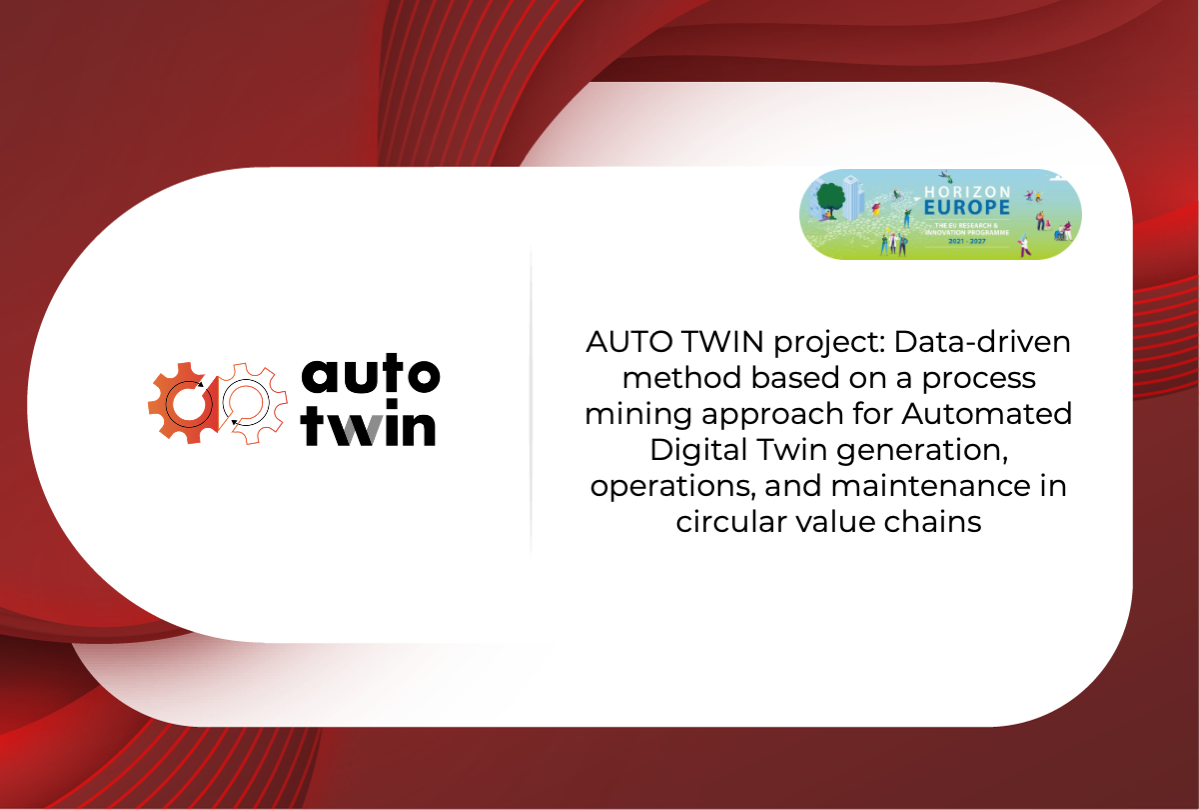
Coordinator
Politecnico di Milano
Project Total Budget
7.2 Million EUR
Turkish Partners
Koç University
Desteklendiği Program ve Alan
Digital, Industry and SpaceSupported Framework Program
Horizon Europe Programme : HORIZON-CL4-2022-TWIN-TRANSITION-01-07 - Digital tools to support the engineering of a Circular Economy (Made in Europe Partnership) (RIA)
Project's CORDIS Link
https://cordis.europa.eu/project/id/101092021Project Website
https://www.auto-twin-project.eu/Project Summary: Within the scope of this project, it is aimed to develop comprehensive digital twins, which are accepted as accelerators and enablers of the circular economy in enterprises and production.
AUTO-TWIN project addresses the technological shortcoming and economic liability of the development and usage of digital twins that are accepted as the accelerator and enabler of Circular Economy in businesses and production by conducting research in 3 areas: 1) introducing a breakthrough method for automated process-aware discovery towards autonomous Digital Twins generation, to support trustworthy business processes in circular economies; 2) adopting an (International Data Space) IDS- based common data space, to promote and facilitate the secure and seamless exchange of manufacturing/product/business data within value-networks in a circular-economy ecosystem; 3) integrating novel hardware technologies into the digital thread, to create smart Green Gateways, empowering companies to perform data and digital twin enabled green decisions, and to unleash their full potential for actual zero-waste Circular Economy and reduced dependency from raw materials.
Scientific Output/Outcome Expected From the Project: The solutions to be provided by the AUTO-TWIN project will consist of a toolset for creating production environments and supply chains that are agile, sustainable and responsive to business changes. In addition, it is aimed to develop various support solutions and innovative digital tools for engineers, technicians and operators who directly contribute to production.
With the use of these tools, it is aimed to provide benefits in 3 areas: i) Reducing reliance on imported raw materials or harmful substances for the European manufacturing sector ii) Defining specifications and standards for circular economy data, products and/or business processes that can be widely used by many industrial actors and in different industry sectors iii ) Closing the qualified manpower gap in the relevant field and providing skill and knowledge support to the actors in the sector. In addition to these general objectives and achievements, Koç University research group, led by Prof. Dr. Barış Tan, will develop advanced analysis and optimization methods to automatically generate Digital Twins from process data and use these Digital Twins to support reuse/renewal/recycling and pricing decisions at the factory level and also at the value chain level and develop new business models for the Circular Economy. It is aimed to transform the research results into international publications and to share the results in international conferences with both academia and business circles.
Target Group of the Project: The target group of the project is all actors operating in the circular economy and regulating the activities in the circular economy. The project aims to announce to both the business world and academic circles how the comprehensive analytical solutions to be developed within the scope of the project can be used to solve environmental problems and achieve a sustainable circular economy.
Importance of the project in Tackling Global Challenges:Within the scope of the project, it is aimed to contribute to the formation of a sustainable value chain by bringing production and supply chain-based solutions to environmental and energy and raw-material scarcity problems , which are among the most important problems of today. With the solutions developed to solve this problem, the use of raw materials and their recycling will be made more effective, appropriate supply chain structures will be established, contributing to the reduction of carbon dioxide emissions, and environmentally sensitive solutions will be developed with the digital twins created. Within the scope of the project, 3 companies operating in the sectors of electric car battery recycling, textile and PET recycling and health equipment reuse will be examined and their business, decision and data collection processes will be examined. It is thought that companies operating in similar sectors can benefit from the insights to be developed as a result of this review in reducing their environmental impacts. In this way, the project is aimed to contribute to the solution of environmental pollution originating from production and supply chains, which is a global-scale problem.
Scientific/Social/Economic Innovative Contribution: The most important scientific contribution of the project will be the development of methods to generate digital twins automatically using data collected in information systems, and the development of decision-making methods that will enable data-driven decisions that will contribute to the circular economy by using the digital twins created in this way. The systems to be developed in this way will contribute to both the economy and the environment by enabling more effective decisions that are important for the circular economy.
Contribution to the Development of Professional Skills: The project will contribute to the development of the professional skills of the research teams, graduate students and company employees working on the project in the areas of circular economy, process mining, development and application of digital twins and data-based decision-making algorithms
Contribution to the Development of Human Resources: Within the scope of the project, doctorate and graduate students who will contribute to studies in the field of digital twin and circular economy will be employed. There are 3 senior researchers, 2 doctoral students and 1 postdoctoral researcher in the research group at Koç University. It is aimed to involve students and researchers in all studies within the scope of the project. In this way, it is aimed to increase the personal skills and experiences of the students by providing them with analytical and scientific competence in the relevant field and taking part in international team projects. In addition, this project will contribute to the employment of post-doctoral researchers and to closing the shortage of trained manpower in the sector and academia
Information about other partners in the project: The project is supported by the European Union and has a budget of approximately 7.2 million Euros. The project coordinator is Politecnico di Milano. Within the scope of the project, a total of 13 different partners from 7 different countries will work. Among the project partners are the leading universities of Europe, Politecnico di Milano from Italy, Technische Universiteit Eindhoven from the Netherlands and Koç University from Turkey. Some of the leading companies operating in the field of technology that will support cooperation will be IBM Israel, CROMA from Spain, LIBATTION and GR3N from Switzerland. The full list of partners involved and contributing to the project can be viewed at https://www.auto-twin-project.eu/consortium.
